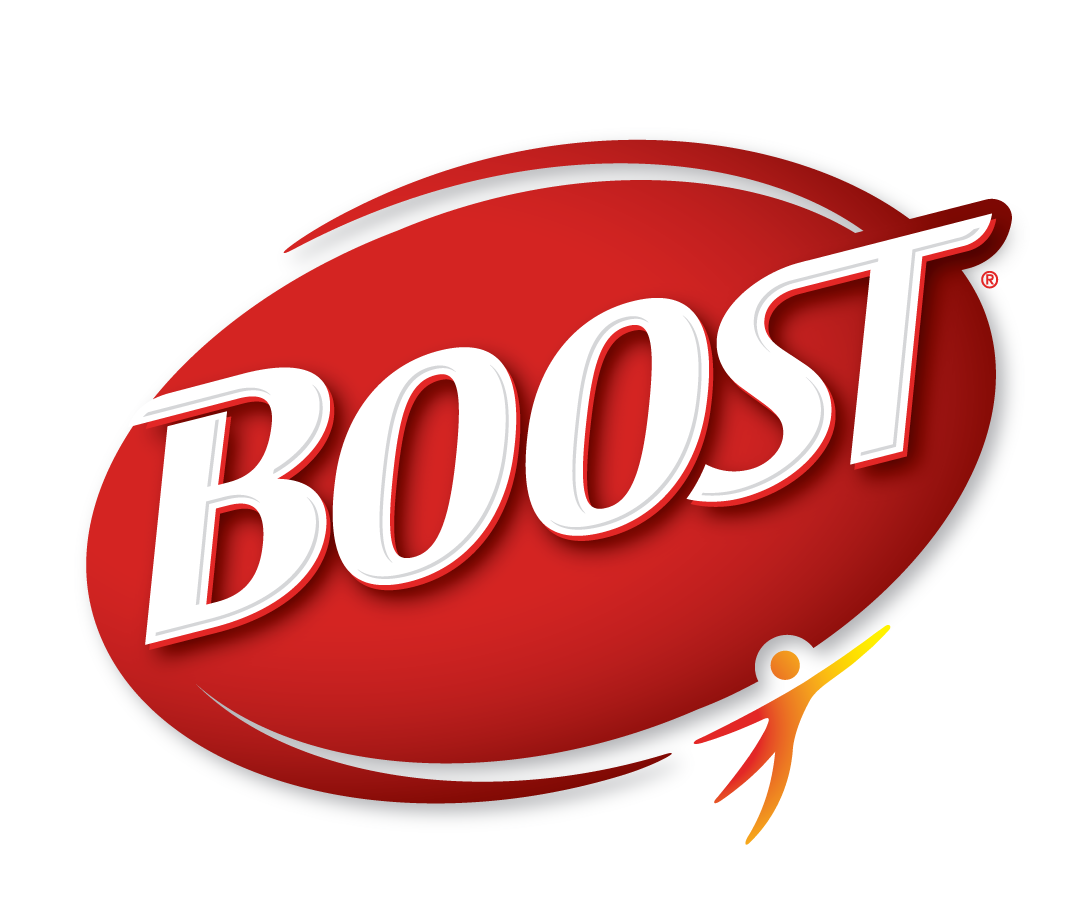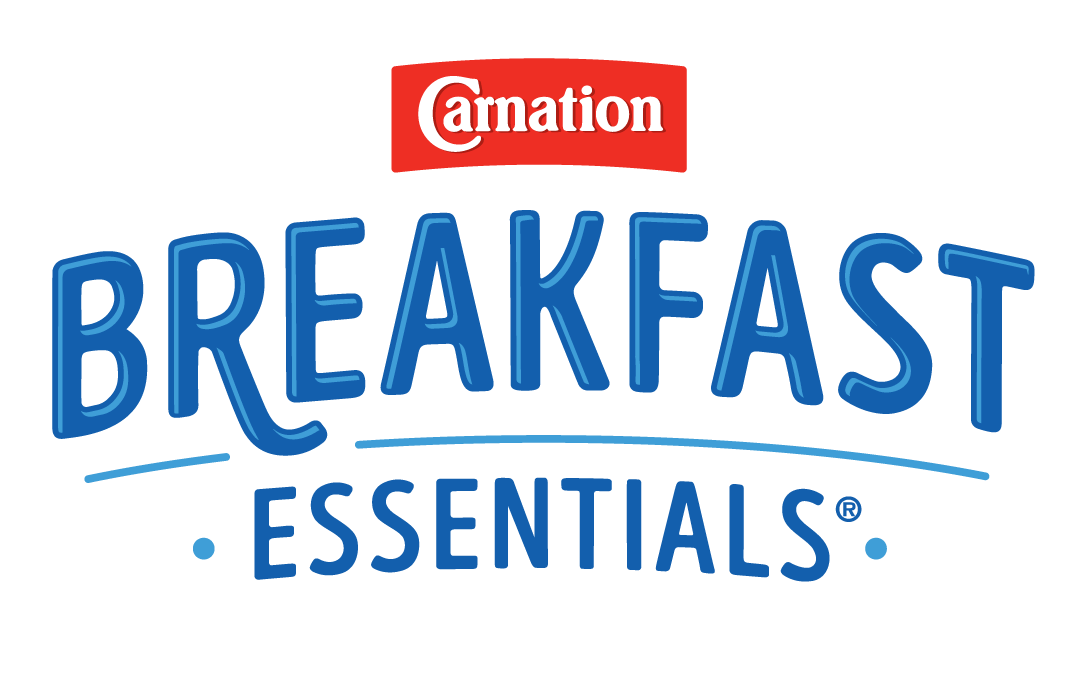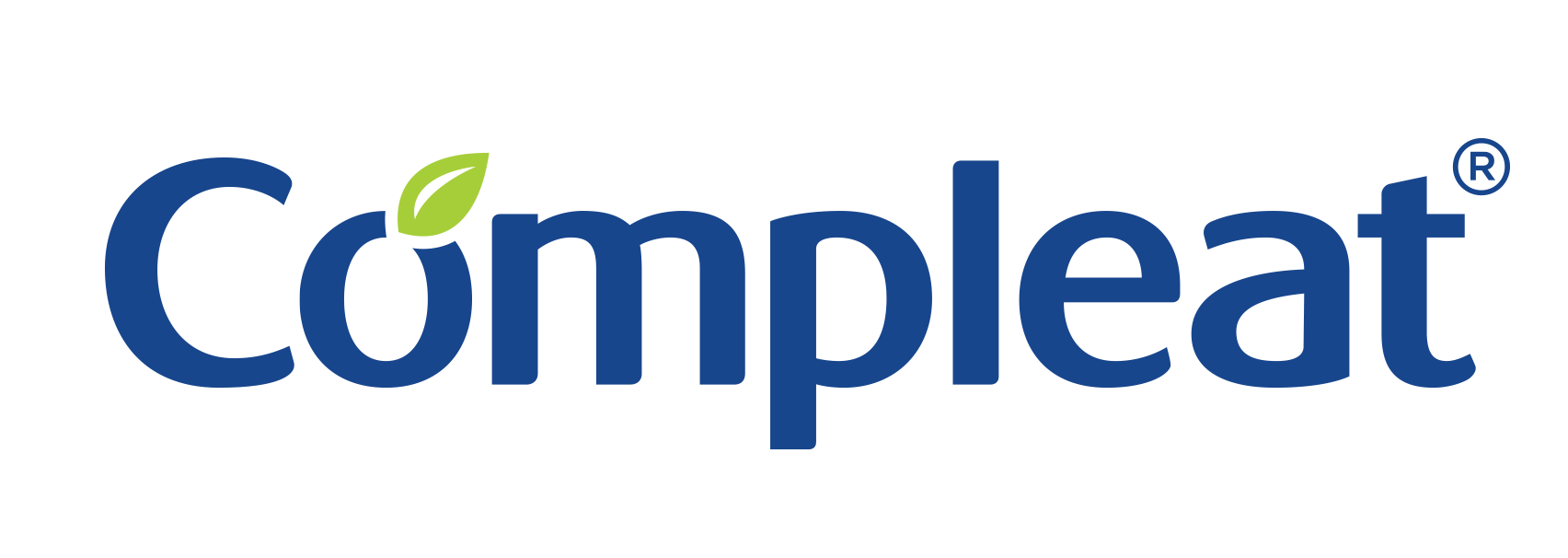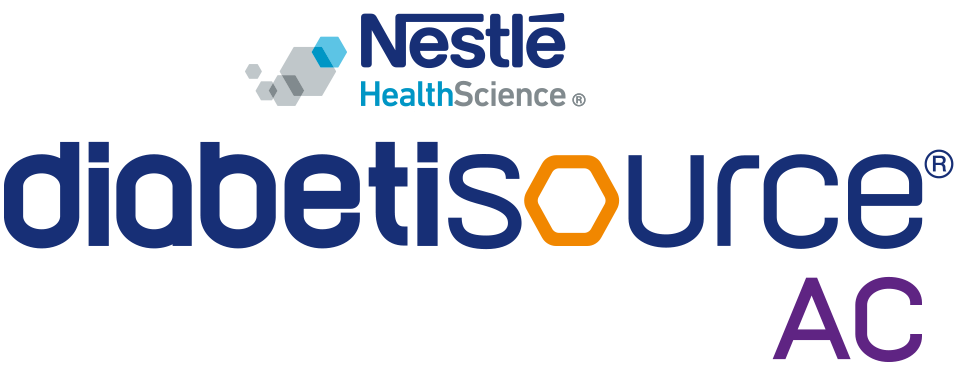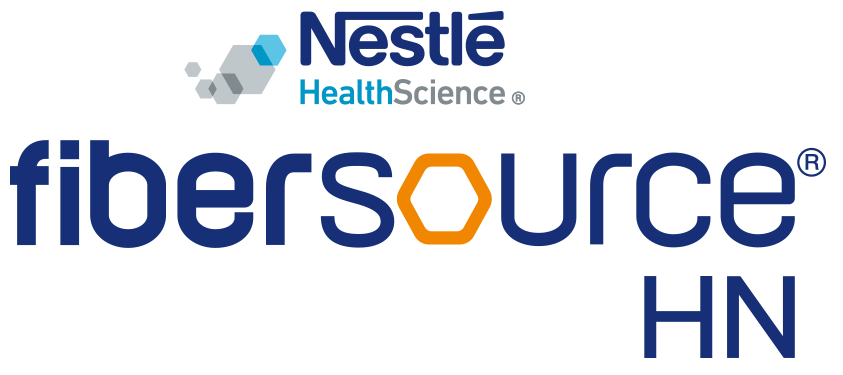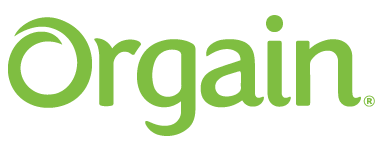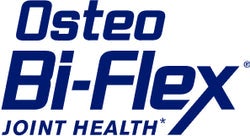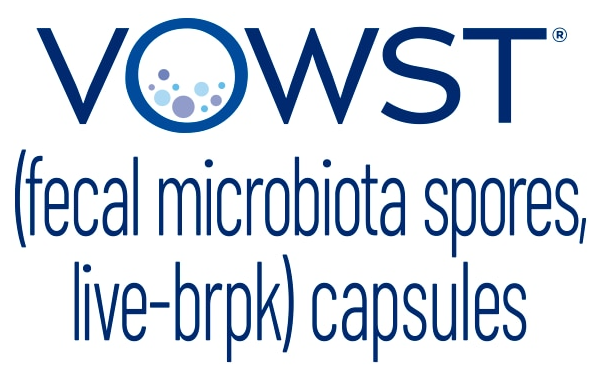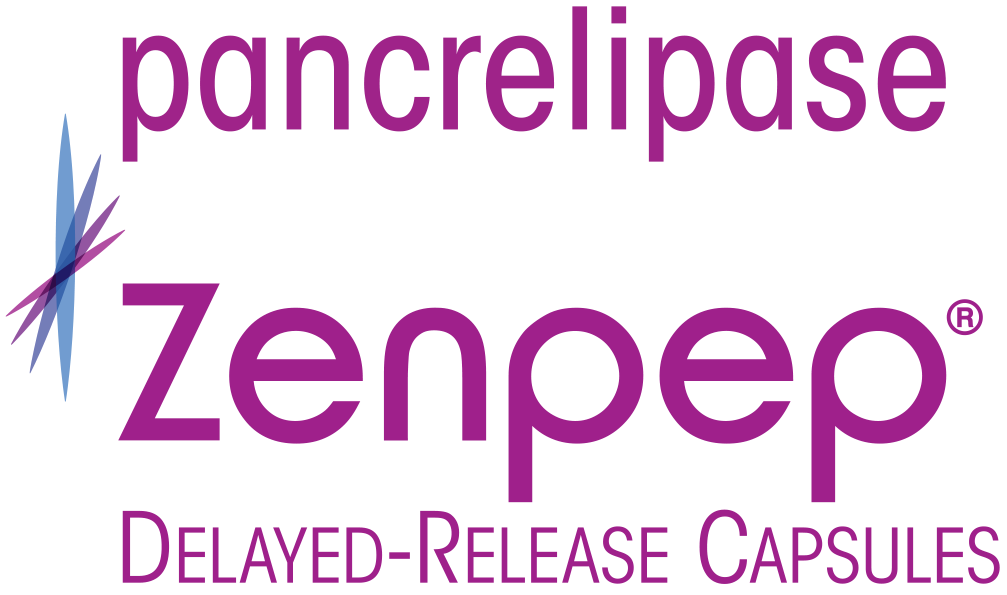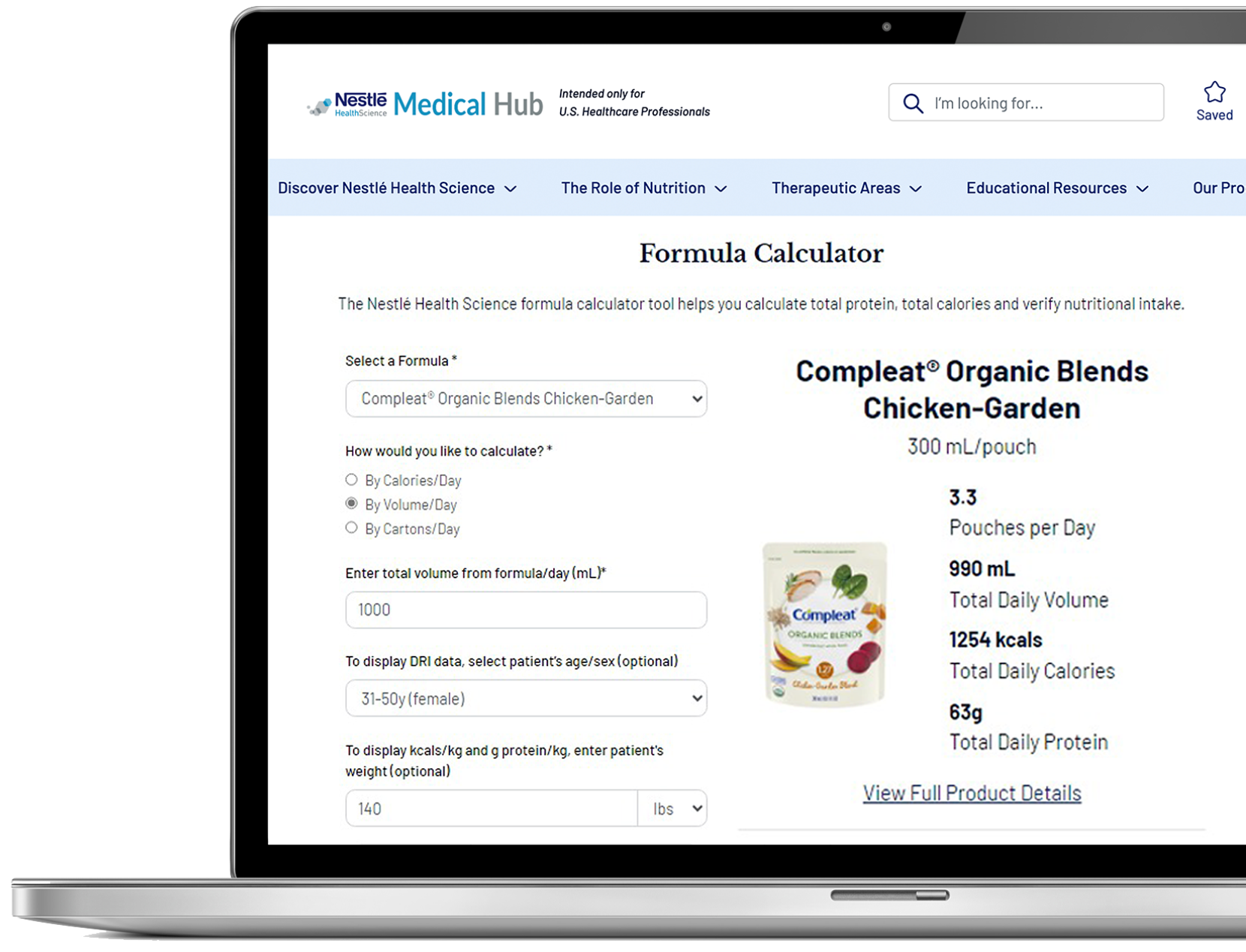QI TRAINING COURSE OVERVIEW
The 4-part webinar series is for Registered Dietitian Nutritionists, Registered Nurses, and other clinicians working in a healthcare environment interested in implementing an enteral nutrition quality improvement (QI) project. Upon completion of the training course, participants will successfully develop and be prepared to execute a quality improvement project in their institution.
The 4-part webinar series has already taken place. You can access the recordings here.
Part 1: Quality Improvement in Healthcare: Getting Started
Objectives:
- Explain the importance of quality improvement in healthcare
- Describe a standard change management approach and the four stages involved with the change curve
- Identify the appropriate team members for a successful QI project
- Describe the eight steps to the change management process
- Identify five key items to write an AIM statement
Part 2: Quality Improvement in Healthcare: Putting Your Plan in Place
Objectives:
- Explain what a PDSA cycle is and how to use
- Describe how to complete a Stakeholder analysis
- Explain the process of value stream mapping
- Describe resources available to complete a root cause analysis
Part 3: Quality lmprovement in Healthcare: Collecting Data and Project Implementation
Objectives:
- Describe a successful approach to collecting baseline data both historical and new data
- Identify useful tools to demonstrate analytical data
- Explain how to complete an implementation plan
- Describe what is needed to complete a communication plan
- Identify resources used to collect data post implementation
Part 4: Quality lmprovement in Healthcare: Crossing the Finish Line
Objectives:
- Explain the steps of a QI project utilizing the PDSA cycle
- Describe how change management is utilized throughout a QI project
- Explain data / outcomes from QI project effectively to medical team and administration
- Apply lessons learned using the PDSA cycle through a real-life example









